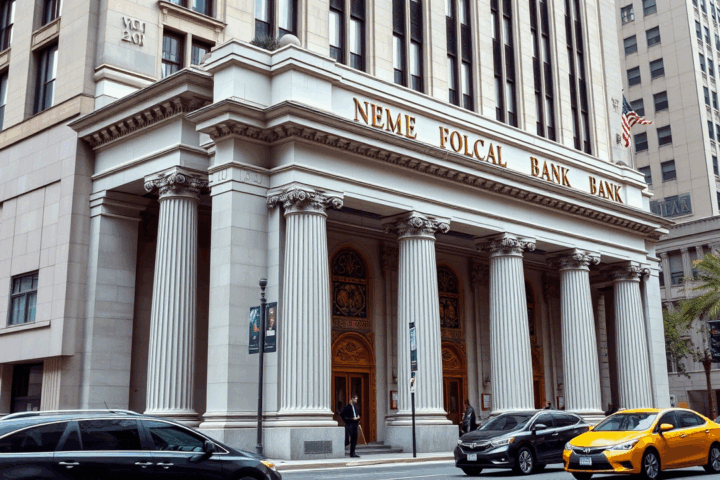During a full committee markup on Wednesday, the House Committee on Financial Services, led by Chairman French Hill (AR-02), approved the CBDC Anti-Surveillance State Act and other critical legislation.
The CBDC Anti-Surveillance State Act passed the House Financial Services Committee with a narrow 27-22 vote. This bill aims to stop the Federal Reserve from issuing a digital dollar, citing concerns over financial surveillance and the risk of the central bank becoming a retail banking entity.
It prohibits the Federal Reserve System from deploying a CBDC through intermediaries and blocks the use of digital currency for monetary policy.
Rep. Tom Emmer (R-MN), who sponsored the bill, stressed the need to avoid government involvement in financial surveillance tools. He contrasted decentralized cryptocurrencies, like Bitcoin, with CBDCs, which are managed by central banks.
“A CBDC is government-controlled programmable money that, if designed without privacy protections of cash, could give the federal government unilateral authority to surveil Americans’ transactions and restrict politically unpopular activity,” Emmer remarked.
During the markup session, other key legislation, such as the STABLE Act, the 1071 Repeal to Protect Small Business Lending Act, and the Promoting New Bank Formation Act also received approval.
Rep. Bryan Steil, who sponsored the STABLE Act, remarked that the bill aims to shape future digital asset regulations and protect the integrity of the financial system. “The bill establishes a comprehensive framework for the issuance and operation of dollar-denominated payment stablecoins in the United States,” he stated.
Steil pointed out that businesses currently navigate a fragmented regulatory environment. He noted that the bill creates a clear framework for stablecoins, imposing strict reserve requirements.
Understanding Why Lawmakers Are in Favor of Anti-CBDC Bill
The push for the CBDC Anti-Surveillance State Act and its subsequent approval by the House Committee reflect lawmakers’ hesitance toward Central Bank Digital Currencies (CBDCs). Legislators who have voiced concerns fear the possibility that CBDCs could undermine the financial system and infringe on individual privacy. Critics argue that a government-controlled digital currency may lead to increased surveillance and a loss of consumer choice.
They also worry that CBDCs could disrupt the balance of power in the banking sector. Some fear that a central digital currency may diminish competition and ultimately harm the consumers. Legislation such as the CBDC Anti-Surveillance State Act aims to put forward alternative solutions to safeguard both innovation and consumer rights.
Read more
- Shiba Inu Price Could Surge 14x Amid Mixed Market Signals
- Rippling Accuses Deel of Corporate Espionage in Legal Battle
- Congress Moves to Regulate Stablecoins with New STABLE Act Proposal
Malaya has positions in SHIB, ETH, USDT, MATIC, etc. This article is provided for informational purposes only and should not be construed as financial advice. The Shib Magazine and The Shib Daily are the official publications of the Shiba Inu cryptocurrency project. Readers are encouraged to conduct their own research and consult with a qualified financial adviser before making any investment decisions.










